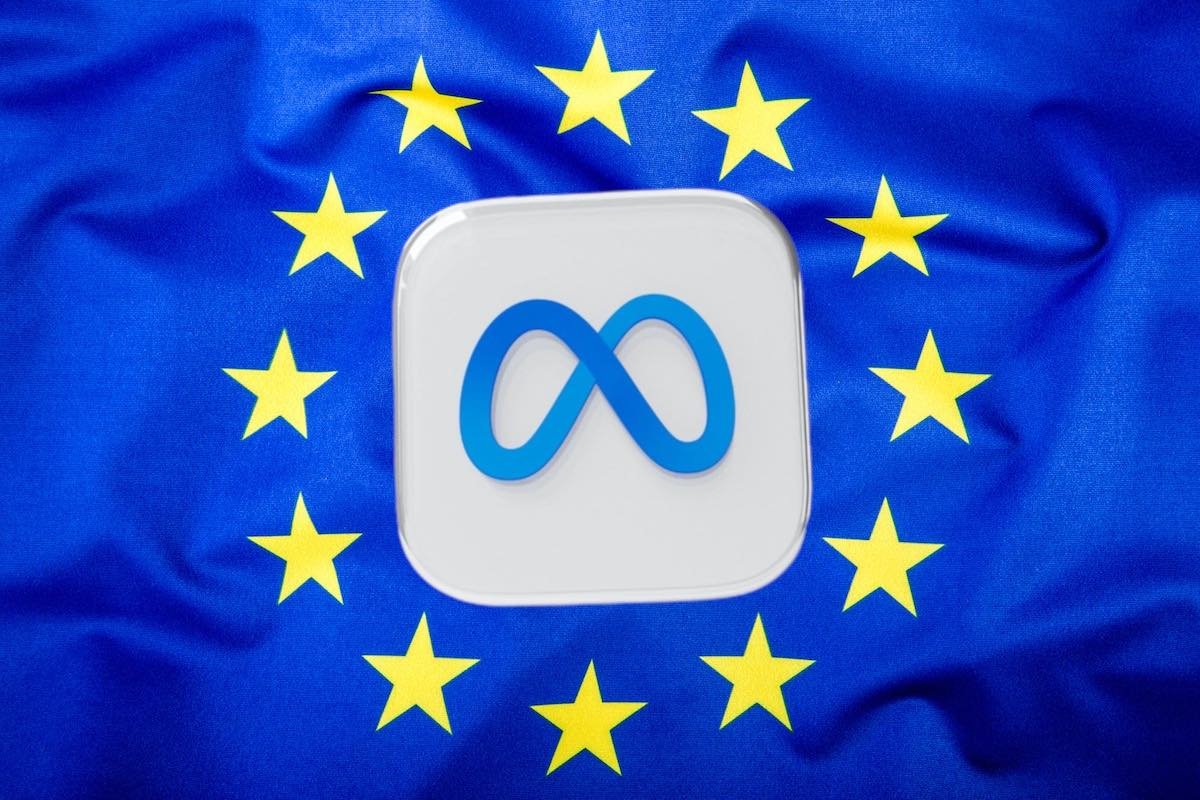In a bold move that has stirred significant controversy, Meta has introduced a subscription-based model for users who wish to avoid targeted ads on its platforms, Facebook and Instagram, in Europe. This decision has prompted the European Union to scrutinize the legality of charging users for privacy, a fundamental right under the region’s stringent data protection laws.
Key Highlights:
- Subscription Fees for Privacy: Meta offers European users the option to pay a subscription fee to use Facebook and Instagram without targeted ads, citing compliance with EU privacy regulations.
- EU’s Legal Concerns: The legality of Meta’s approach is under question, with the EU investigating whether forcing users to pay for privacy complies with the General Data Protection Regulation (GDPR).
- Financial Burden on Users: Critics argue that the fees could place a significant financial burden on users, potentially making privacy a luxury only the wealthy can afford.
- Potential Domino Effect: There is concern that Meta’s model could set a precedent for other companies, leading to widespread charging for privacy and exacerbating digital inequality.
- Regulatory Response: The EU has requested further information from Meta about its subscription model under the Digital Services Act, indicating potential compliance procedures in the future.
The European Commission is leveraging its newly granted powers under the Digital Services Act to inquire about Meta’s decision to offer ad-free subscriptions for a fee, raising concerns about the implications for user privacy and data protection rights. Critics, including the privacy rights advocacy group noyb, argue that charging users to avoid targeted advertising amounts to a “privacy fee,” potentially setting a dangerous precedent that could impact the affordability of online privacy.
The Issue
At the heart of the EU’s complaint is the principle of freely given consent under the GDPR. Meta’s model presents a take-it-or-leave it approach, which undermines the idea of true user choice. Furthermore, the subscription fee could be seen as disproportionate to the value of the data collected from a single user. EU officials, led by digital chief Margrethe Vestager, find this model potentially non-compliant with data protection laws.
EU Scrutiny Intensifies
These are not the first clashes between Meta and the EU over privacy issues. The EU has previously imposed hefty fines on tech giants for various privacy breaches. This current scrutiny highlights the EU’s commitment to upholding stringent data protection standards, especially with the recent updates to its digital governance laws.
Possible Outcomes
If Meta’s privacy fee model is found in violation of the GDPR, Meta could face:
- Forced Policy Changes: Meta may need to restructure how it obtains consent for tracking, potentially offering less intrusive options.
- Substantial Fines: The EU can impose significant fines for data protection breaches.
Implications
The EU’s stance has far-reaching implications for the tech industry. It serves as a stern warning to companies that prioritize monetization of user data over privacy rights. This case is a significant test for both Meta and the EU’s GDPR, potentially reshaping how online targeted advertising and privacy protection are balanced.
The situation is further complicated by the EU’s ongoing efforts to enforce data protection and privacy laws. Previous actions by the Norwegian Data Protection Authority, Datatilsynet, against Meta’s advertising practices, and the broader EU scrutiny under the GDPR indicate a tightening regulatory environment for tech giants operating in Europe.
This unfolding scenario poses critical questions about the balance between business models based on data monetization and the rights of individuals to privacy and data protection. As the EU delves deeper into Meta’s practices, the outcome of this inquiry could have far-reaching implications for digital rights and the future of online advertising models in Europe and beyond.




























